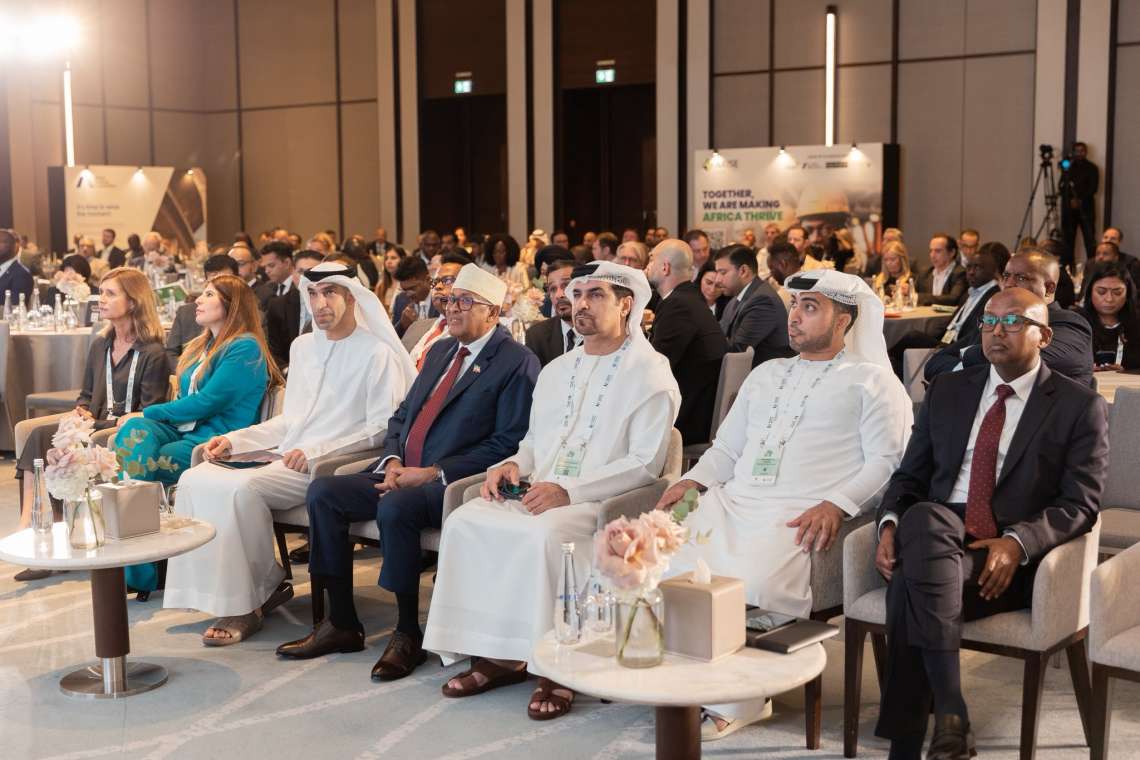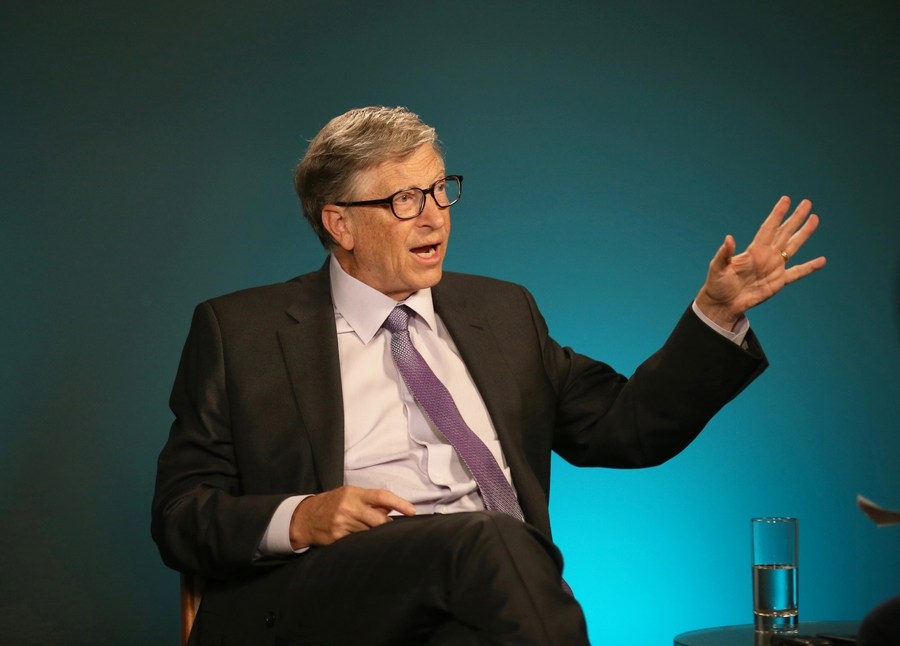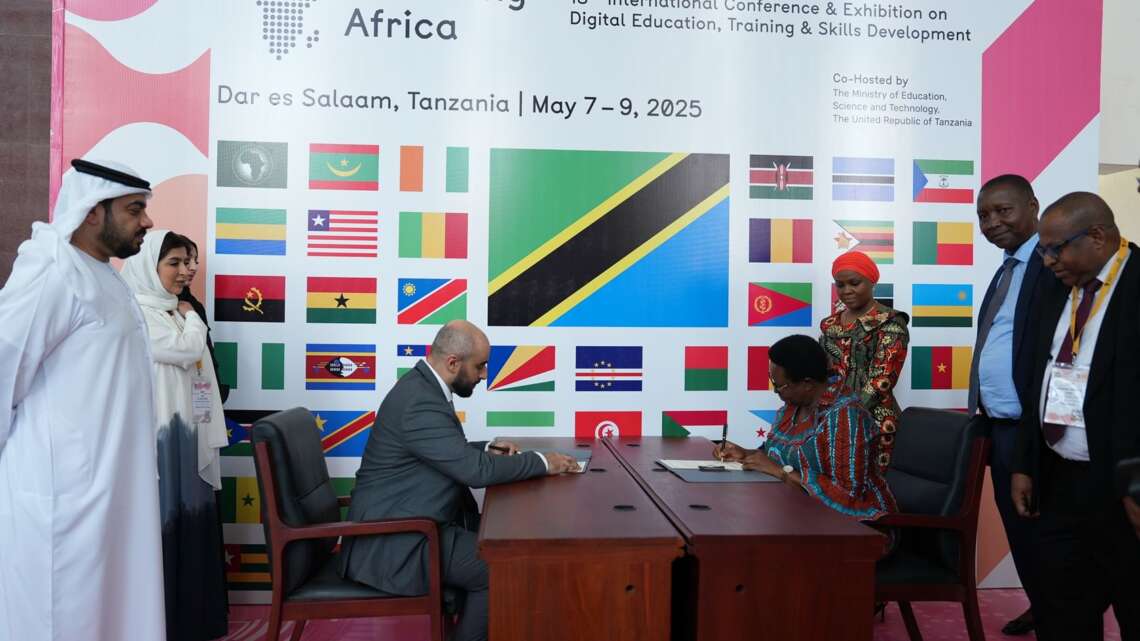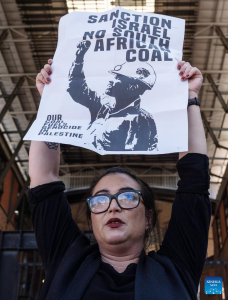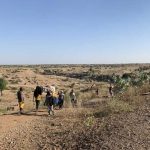By COP27, which will be held on African soil, funders must invest $2 billion in ‘AFR100’, the continent’s locally led campaign to restore vitality to 100 million hectares of degraded and deforested land…reports Asian Lite News
Jeanne d’Arc Mujawamariya, Rwanda Environment Minister; Nancy Tembo, Minister of Forestry and Natural Resources of Malawi; and Mohammad Abubakar, Minister of Agriculture and Rural Development of Nigeria, issued that challenge on Tuesday at the ongoing United Nations Climate Change Conference of the Parties (COP-26) here.
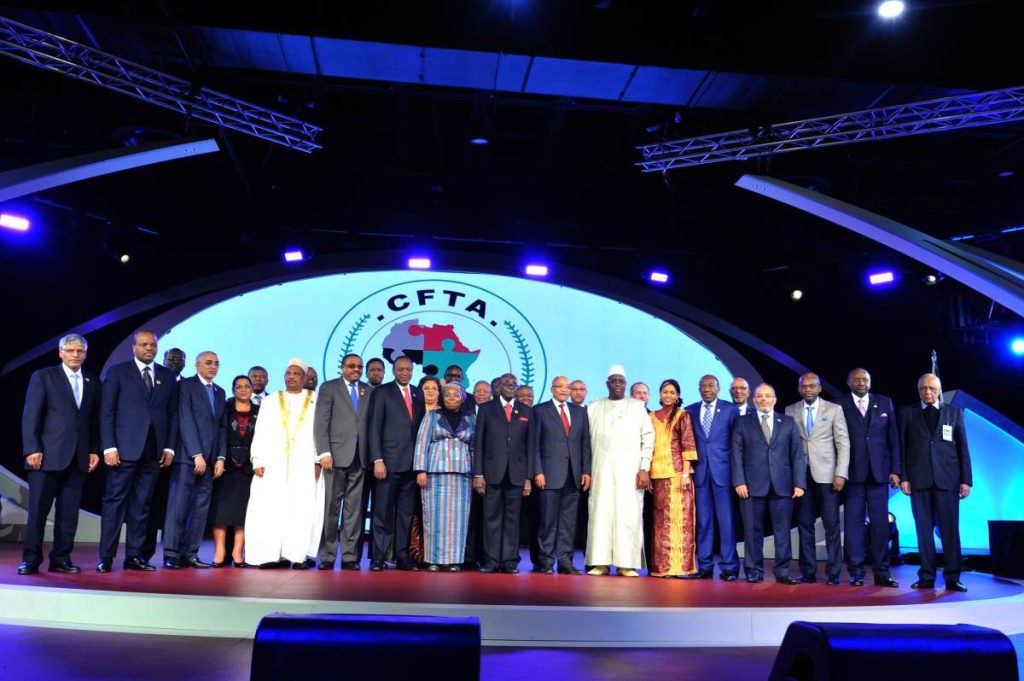
The African Development Bank, the government of Germany, Global Environment Facility, Bezos Earth Fund, the Global EverGreening Alliance, and Green Climate Fund responded, announcing their plan to significantly invest in land restoration by 2026 and have called on their peers to join them in mobilizing that $2 billion in investable capital by COP27 in November 2022.
“Africa is home to the world’s greatest restoration opportunity, with 700 million hectares of degraded land that can be restored. Africa is the continent most dependent on the land for livelihoods and most vulnerable to climate change. Africa must therefore lead the way. We warmly welcome partnership with ambitious funders like the Bezos Earth Fund,” said Ibrahim Mayaki, CEO of the African Union Development Agency (AUDA-NEPAD).
In the wake of the Covid-19 pandemic, which could push an estimated 30 million Africans into extreme poverty, land restoration — with a return of $7-30 for every $1 spent — has become a critical tool to improve food security and create sustainable jobs.
The impacts of climate change make these types of solutions all the more urgent: The most recent Intergovernmental Panel on Climate Change (IPCC) report shows that several African regions like Sahel will experience rising temperatures, exacerbating the vulnerabilities of people and nature.
If desertification continues to advance unchecked, the decline in revenue from cereal crops alone could cost people in Africa $4.6 trillion through 2030.
It’s clear that Africa needs to massively and quickly restore nature and farmland to reduce poverty, reverse biodiversity loss and store planet-warming greenhouse gases — and local action is the only path toward success.
ALSO READ: South Africa to go ahead with local polls
An initial $2 billion investment in the work of NGOs, entrepreneurs and government-led projects could catalyze $15 billion of funding. That larger amount could begin the restoration of a potential 20 million hectares by 2026 and bring an estimated $135 billion in benefits to 40 million people.
“Africa is where the opportunity is the greatest, where the need is greatest, and where vulnerability to climate change is greatest. It is also where political commitment is increasingly the greatest, as Heads of state and governments more and more recognize that investing their natural capital has one of the highest returns,” said Andrew Steer, President and CEO of the Bezos Earth Fund.

